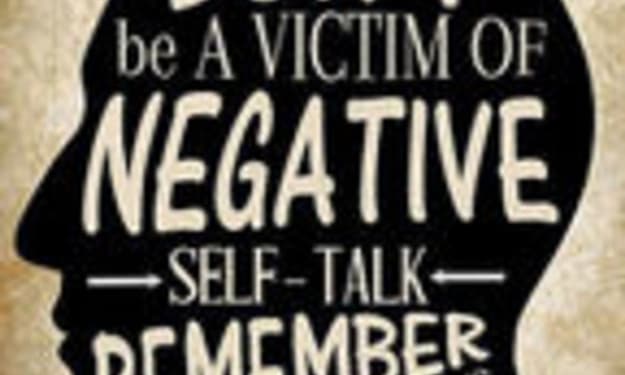
By: Angie Falls
On my path of self-discovery I did some research on the topic Self. To better understand this I would like to share the below methodology.
The Johari window is a technique that helps people better understand their relationship with themselves and others. It was created by psychologists Joseph Luft (1916–2014) and Harrington Ingham (1916–1995) in 1955.
To further analyze it is necessary to properly define Self-Esteem, Self-Image, and Projection.
What Is Self-Esteem, Self-Image, and Projection?
Self-esteem is the opinion you have of yourself and your perception on your value as a person. Low (negative) self-esteem can cause people to be negative, lack motivation, and be moody. Those with higher (positive) self-esteem like themselves, so they expect others to like them, too. They don’t harshly judge themselves and are comfortable with who they are.
Self-confidence, on the other hand, is your belief in yourself and your abilities. Often, people with high self-esteem also have self-confidence, although this may not always be the case. Both self-esteem and self-confidence can translate to positive human relations because if a person feels good about himself or herself, it is more likely he or she will be more comfortable communicating and working in teams—key components for success. According to researchers George Hollenbeck and Douglas Hall,George Hollenbeck and Douglas Hall, “Self-Confidence and Leader Performance” (technical report, Boston University Executive Development Roundtable, 2004). self-confidence can come from several sources:
Actual experience. When you have accomplished something and succeeded, it is likely you will have the self-confidence to be successful at the task again.
Experiences of others. If you watch another person perform a task, you may know you can do the same thing.
Social comparison. When we see others with similar abilities able to perform a task, we may feel more confident in our own abilities to perform the same task.
Social persuasion. A boost in self-confidence can come from the encouragement of someone we trust.
Emotional arousal. This refers to our inner feelings of being adequate or inadequate when it comes to accomplishing a certain task. This can come from negative or positive self-talk.
Self-efficacy is the confidence you have to carry out a specific task. Someone may have generally lower self-confidence but have self-efficacy in certain areas of his or her life.
For example, Michael may have low self-esteem in general, but he is a computer whiz so he has self-efficacy in his ability to rebuild a computer.
Self-image is a bit different than self-esteem in that it means how an individual thinks others view him or her. One’s self-image may not always be in line with what people actually think, but you can imagine the impact this can have on human relations at work. If someone’s self-image is that people think they are stupid, they may not try as hard since they believe this is what people think of them anyway. Obviously, this can be an unproductive and unhealthy way of working with others.
Projection refers to how your self-esteem is reflected in the way you treat others. For example, if Cheng has low self-esteem, he may project this by putting down other people or belittling them. Likewise, if Cheng has high self-esteem, his projection onto others may be positive.
In my professional environment I have encountered quite some instances where my self-confidence gets in the way of my professional relationships. I notice even more experienced and higher educated employees feel insecure in my presence. Me being the overconfident person.
This recurring pattern made me aware of my own persona. The insecurity the counterpart feels has to do with their own self-image. This gets magnified when in communication and interaction with me as an professional.
This self-realization made me actually more confident!
About the Creator
Ivy Mangroe
In the tapestry of life, threads of time,
Woven by hands, sculpted by rhyme.
Perspective, a lens, through which we see,
A kaleidoscope of moments, our history.






Comments
There are no comments for this story
Be the first to respond and start the conversation.